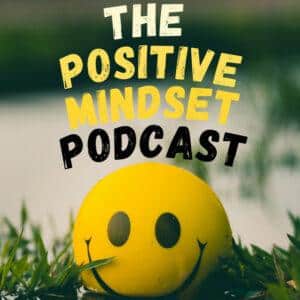
In this episode of the “How to Be a Better Human” podcast, host Adam Grant explores the topic of loving criticism and its potential for personal and professional growth. He interviews Karen Rau, who shares his experience of being ranked as the worst manager in a meeting. The episode delves into the importance of being open to criticism, the benefits of radical transparency, and the role of feedback in self-improvement.
Receiving criticism can be challenging, but it is also an opportunity for personal and professional growth. Studies show that individuals who are open to criticism are more successful and creative. By changing our mindset and viewing criticism as a chance to learn and improve, we can harness its potential for growth. It is important to be aware of our ego’s defensive tendencies, which can hinder our ability to truly hear and benefit from criticism. Embracing criticism as a necessary tool for improvement can lead to personal and professional development.
Bridgewater Associates, the most successful hedge fund in the world, has built a culture of radical transparency. Every criticism and opinion is openly discussed, regardless of hierarchy. This approach was inspired by the founder, Ray Dalio, who learned the importance of humility and seeking dissenting opinions after a major failure. Bridgewater believes that radical transparency leads to better decision-making. By encouraging open criticism and stress testing of opinions, the company fosters an environment of continuous improvement and innovation.
Bridgewater Associates operates as a challenge network, where colleagues push each other to improve. This network consists of individuals who provide honest feedback, even if it is uncomfortable to hear. The feedback sandwich, which includes praise, criticism, and praise, is not an effective way to deliver criticism. Instead, being humble and stating the intention to be helpful is more impactful. Seeking and accepting criticism, although uncomfortable, is akin to exercise – it may be challenging in the moment, but it leads to growth and improvement.
Objective feedback is crucial as we often struggle to accurately assess our own performance. Bridgewater’s radical transparency culture includes recording meetings for continuous learning and improvement. This practice combats office politics and encourages honest communication. Criticism, viewed as tough love, helps us identify our strengths and areas for improvement. Developing a habit of evaluating ourselves on how well we receive feedback is essential. By being open to feedback and actively seeking ways to improve, we can demonstrate our willingness to grow and develop.
Learning to love criticism and embracing radical transparency can lead to personal and professional growth. By changing our mindset, being open to feedback, and seeking out dissenting opinions, we can improve decision-making and foster an environment of continuous improvement. Criticism, when viewed as an opportunity for growth, becomes a valuable tool for self-reflection and evaluation. By embracing criticism and actively seeking ways to improve, we can become better individuals and professionals.